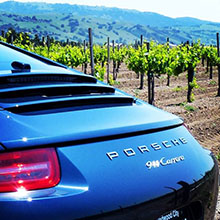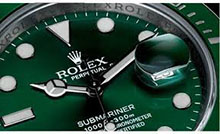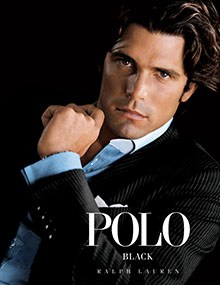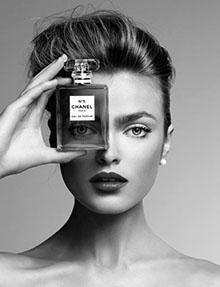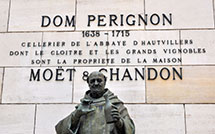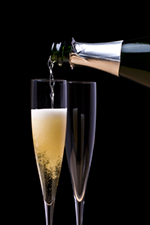Dom Perignon 2003 Champagne
Dom Perignon 2003 is rich, ripe, and fruit forward. However, it is not as refined as the 2000 or 2002. Dom Perignon 2003 Champagne should blossom with some aging, but only time will tell for this difficult vintage.
| Dom Perignon 2003 |
| Type |
|
|
|
|
| Category: |
Basic |
Prestige Cuvée: |
Yes |
|
| |
| Ratings (on a scale of 100) |
|
|
|
|
| Champagne 411 |
92 |
Nov. 2013 |
|
Average Retail Price |
| Wine Enthusiast |
na |
na |
|
(750 ml bottle) $160 |
| Wine Spectator |
95 |
11/15/13 |
|
|
|
|
|
|
|
|
Tasting Notes
Appearance: Pale gold with persistent fine lively bubbles.
Aroma/bouquet: Lemon/lime zest, pear, toast and chalky minerality.
Palate: Green apple, pear, subtle yeastiness with hints of smoke and licorice.
Additional comments: Rich, ripe, fruit forward. Not as refined as the 2000 or 2002.
When to drink: Dom Perignon 2003 Champagne should blossom with some aging, but only time will tell for this difficult vintage. Drink in 2015 - 2025.
| Vintage 2003 Details
Label: Dom Perignon Vintage 2003
House/Winery: Moet & Chandon
Wine Category: Sparkling Wine
Region & Country: Champagne, France
Type (Style):Vintage
Sweetness Level: Brut
Dosage: na
Prestige cuvée: Yes
Vineyards: 100% Grand Cru and Premier Cru
Grapes: 60% pinot noir, 40% chardonnay
Alcohol: 12.5%
Go to Champagne Details for a description of the above types, characteristics, and grapes. |
Dom Perignon 2003
Production
Dom Perignon uses the méthode champenoise for their champagne production. Dom Perignon only makes vintage champagne, therefore there are no reserve Dom Perignon wines. Fermentation occurs exclusively in stainless steel tanks with cultured house yeast strains and complete malolactic fermentation. No Pinot Meunier is used in the blend. There is balance between the Pinot Noir and Chardonnay, so the blend will often be approximately 50% Pinot Noir and 50% Chardonnay, but percentage varies with each vintage and can range from 40% to 60% for each grape. 2003 was a year in which late April frosts damaged the Chardonnay grapes forcing the focus to shift to 60% Pinot Noir for the blend. Problems were further compounded by scorching August heat. 2003 was generally a poor vintage with very few producers declaring. Dom Perignon's Chef de Caves, Richard Geoffroy saw this as a challenge and faced it head on using more Pinot Noir than is typical to make this big, powerful champagne.
Dom Perignon has access to the 17 grand cru villages in champagne. The basis of the blend is typically from the 8 famous grand cru villages of Chouilly, Bouzy, Cramant, Avize, Verzenay, Ay, Le Mesnil and Mailly as well as the historical premier cru from Hautvillers where the Abbey of Dom Perignon is located.
Recent Moet & Chandon Brut Champagne Labels
Non-Vintage Brut
Vintage Brut
Vintage Prestige Cuvee Brut
More On Moet & Chandon
Official Moet Website
The official website is http://www.moet.com.
Official Dom Perignon Website
The official website is http://www.domperignon.com.
|
